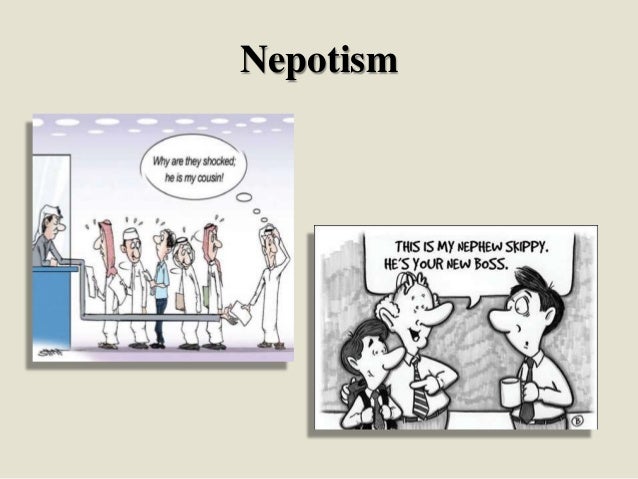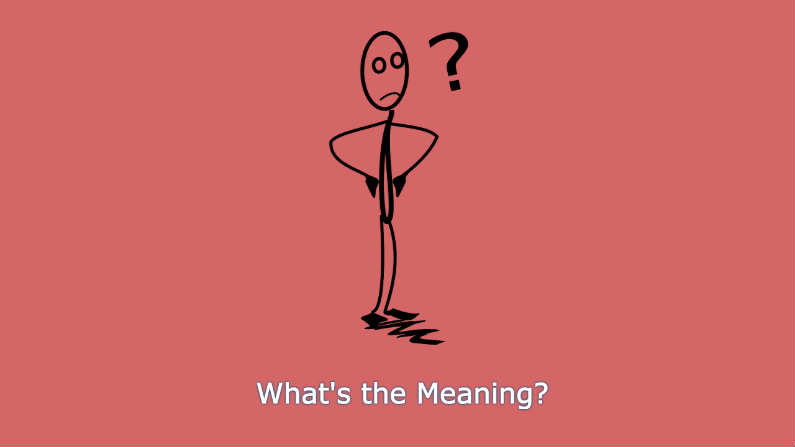


Republicans and conservatives: you all can move east of the Mississippi River, and you can have Oklahoma and Wyoming too. So when you are listening to, or reading, a particular speaker or writer on a particular topic, and they use a set of terms that identify them as a (D) attacking (R) people or as an (R) attacking (D) people, so for instance: The analogy is to a dog whistle, whose ultrasonic tone is heard by dogs but inaudible to humans. This article was first published on 29th August 2005.Everyone, I'm going to do this on the cheap, because I want to leave time for a lot of other things I have to do, like getting away from the home and putting in some time in wilderness far from human beings and their COVID-19.įrom the Wikipedia page for " Dog Whistle Politics":ĭog-whistle politics is political messaging employing coded language that appears to mean one thing to the population of the general public at large while also simultaneously having an additional, different, or more specific resonance for a targeted subgroup. This idea was taken over into political contexts as a way of describing a message aimed exclusively at one section of the electorate. The dog-whistle analogy was drawn from Australian sheep-farming, where a farmer uses a whistle which is only audible to one dog. Crosby had helped Australian Prime Minister John Howard to four consecutive election victories, with the focus of the campaigning on so-called dog-whistle issues, an expression in use in Australia since around 1997. The term dog-whistle politics originates from Australian English, and was introduced to the UK by Australian political strategist Lynton Crosby, who was involved in the 2005 Conservative Party election campaign.
DOG WHISTLE POLITICS DEFINITION ARCHIVE
There is some evidence for a transitive verb dog-whistle in the same political contexts, with a related participle adjective dog-whistled as in a dog-whistled message.īuzzWord archive Background – dog-whistle politics Dog-whistle also occurs independently when used attributively to modify nouns in phrases such as dog-whistle issues/ topics. The countable noun dog-whistler often describes politicians who attempt to disguise their true feelings on controversial topics such as immigration or asylum. The participle noun dog-whistling is sometimes used to refer to the activity of dealing with controversial political issues in a subtle way. Along with campaign slogans such as Are you thinking what we're thinking? the Conservatives got the attention of those voters opposed to immigration, but at no point could they have been accused of being overtly racist. The Conservatives argued that 'some immigration is essential' and only the large-scale immigration that the Labour government had allowed was damaging. It is therefore a good mechanism for concealing true opinions on highly controversial topics, such as the Conservative Party leader Michael Howard's treatment of immigration issues in the 2005 election campaign. The advantage of the dog-whistle approach to campaigning is that it avoids the possibility of offending those voters who wouldn't find a political message particularly appealing. The dog-whistle approach to campaigning is … a good mechanism for concealing true opinions on highly controversial topics The analogy then is to put across a political message in such a way that it will only be understood by potential supporters rather than voters in general.
_svg.png)
A dog-whistle is used to create a special high-pitched sound which only attracts the attention of a particular dog rather than all the dogs around. During the UK election campaigns in spring of 2005, a new phrase entered the Westminster lexicon: dog-whistle politics.


 0 kommentar(er)
0 kommentar(er)
